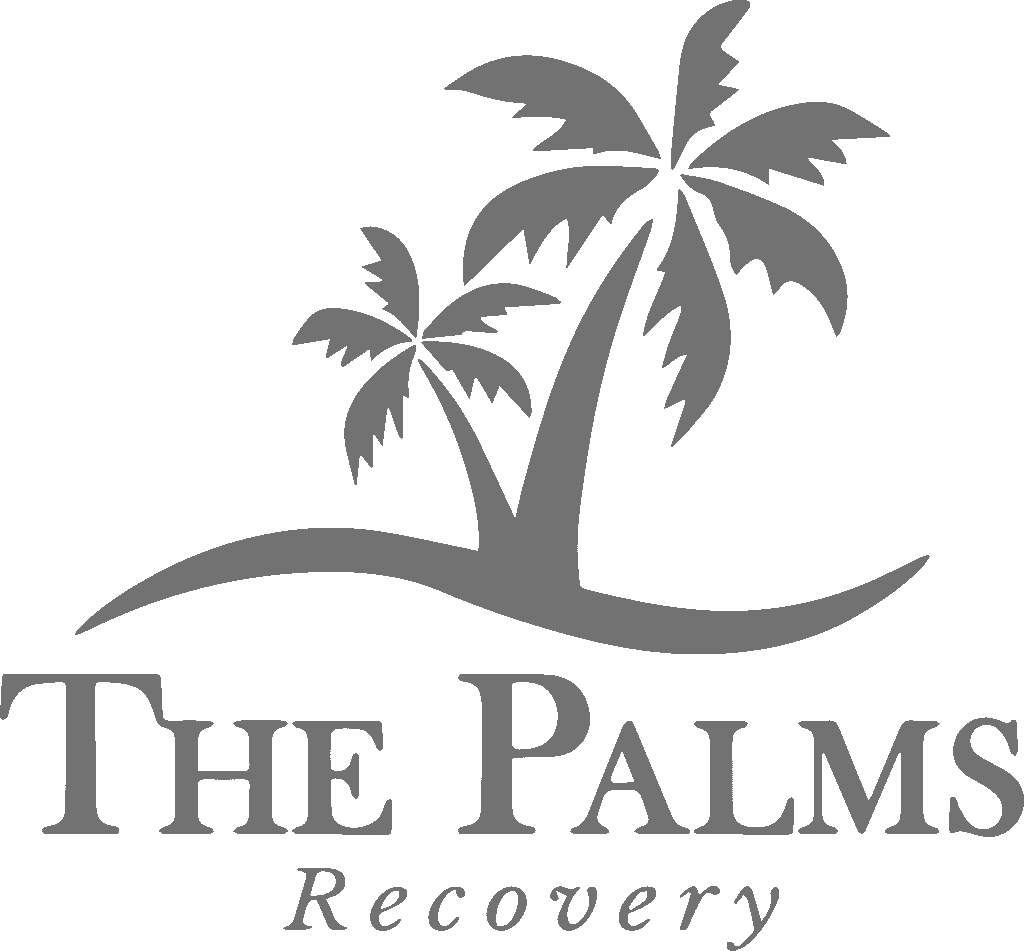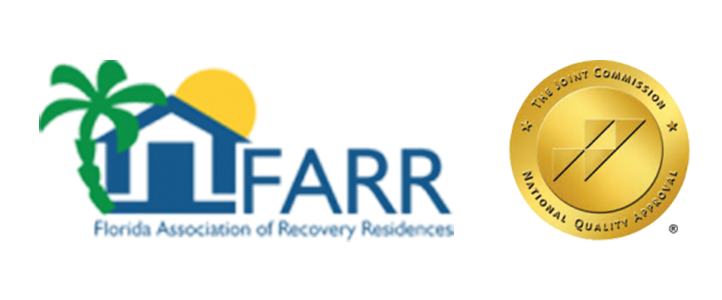Find Hope & Lasting Recovery
Opioid Addiction Treatment
Opioid addiction is a powerful disease that can feel impossible to overcome. Whether you’re struggling with prescription painkillers like oxycodone, heroin, or synthetic opioids like fentanyl, the cycle of dependence can take control of your entire life. At The Palms Recovery, we want you to know one thing: you are not alone, and healing is possible.
Our opioid addiction treatment program in Palm Springs, Florida, offers a compassionate, medically-driven path to help you reclaim your health, your purpose, and your future.

Why Professional Opioid Rehab is Critical
Quitting opioids “cold turkey” is not only incredibly difficult; it can be life-threatening. The physical withdrawal symptoms are severe, painful, and often drive a person back to using just to find relief. This is not a matter of willpower; it is a medical reality.
A professional opiate rehab center is essential for:
A Safe Medical Detox: Managing withdrawal symptoms in a 24/7 medically-supervised environment.
Breaking the Physical Dependence: Using evidence-based protocols to help your body heal.
Treating the Root Causes: Addressing the psychological and emotional reasons the addiction took hold.
The most common opiate drugs that are prescribed include:
- Methadone
- Oxycodone
- Oxycontin
- Morphine
- Fentanyl
- Vycodin
- Codeine
- Methadone
- Oxycodone
- Oxycontin
- Morphine
- Fentanyl
- Vycodin
- Codeine


